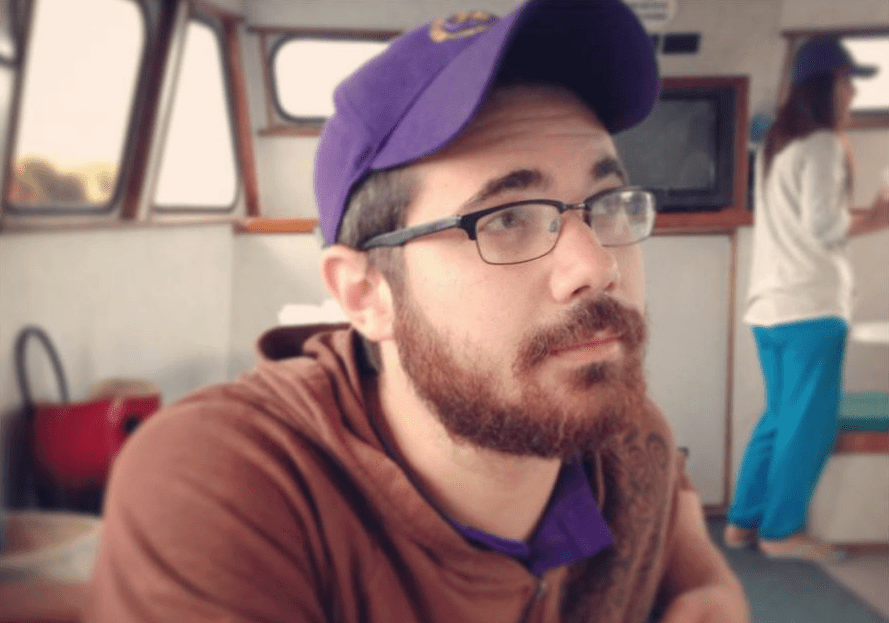WHAT THEY DON’T TELL YOU ABOUT CAR ACCIDENTS
You live through all of it, the impact, The moment absorbed in the body And held in the flesh, cradled like a young bird. The glass broken into shards Grows so neatly under your skin It will not pass but to be Shivered out months later in some cold sleep. Your arm cannot deceive you Because it is no longer yours. It snakes at the air, snaps, With the bone torn white. You will give in—to this life you do not own— Made aware that you have never owned it And are still so much alive. This is when your death will come. You will not be thinking of your last breath, The drawing of empty sacs, the lungs closed. You will be thinking only of this moment: the glass, The sunlight streaming through it, and this life— How far away it seems.
____________________________________________________________________
WHAT THE BODY WILL NOT ALLOW
~ For Adam There was a moment this morning—before I’d even finished telling it all— when I glanced across the table and noticed my aunt’s face. In her eyes, a drawing up of something hard and a change then, a slow turning over. It was plain we were no longer talking about you. And although the account of your brother’s arrest and the shitty way that cop dismissed you —I don’t have to tell you anything— was still fresh off my tongue, it was plain when my aunt said, The police are all filthy, she was talking about her own family, my family, and the two, or three, or five times her own sons had been arrested. This is the selfishness of empathy. The clip from the Sun, the bit of gossip caught over the radio on our commute home, recalls something in us that pushes to the surface and remains there like an old friend who unexpectedly arrives at the door. We hear of another’s crisis and think, Yes, I too know shame. I’ve felt that pain. This could be my life. But it’s not, and we’re glad that it’s not. So two nights ago, when you said, fifteen years, the words dragged from your mouth like a dead quail, bloodied and bagged, I knew it wasn’t the years in prison you were thinking about but the years after and the kind of man you’d be welcoming, or not, into your home—This is my wife— or the little girl or boy you might have clinging to your knee—This is my brother, John— And when I told you that kind of time, fifteen years, would change any man, what I meant to add was that I’m full of shit. What I learned of prison, I learned from the movies, And none of this is supposed to be about me anyway. It’s supposed to be about you, the Xanax, three thirty in the morning, the sound of your mother's vomit hitting the sink, and no sleep, no sleep. Even now you can’t decide what’s worse: the fact he might do every single day of the fifteen or the fact that he won’t, and he’ll owe whatever time he’s got left to the asshole coke supplier that dropped his bail on Friday —50,000 dollars— So if you have to scream, or pray, or go out to the bar and get lit tonight, feel your head come off a bit tonight, well then you goddamn better well do it, because there are some things the body will not allow: six days without rest, cheap gin on an empty stomach, and a man you love, faults laid out in public— dressed in his Sunday best.
____________________________________________________________________
LUKE BAUERLEIN‘s work has previously appeared in or is forthcoming from The New York Times, Philadelphia Stories, Apiary Magazine, and elsewhere. He works as a software tester for IBM and currently resides in West Philadelphia. Luke also writes songs and performs with the band, The Late Greats.
____________________________________________________________________
Read more work by Luke Bauerlein:
Essay in The New York Times
Poem in Shotglass Journal
Poem at E-Verse Radio
